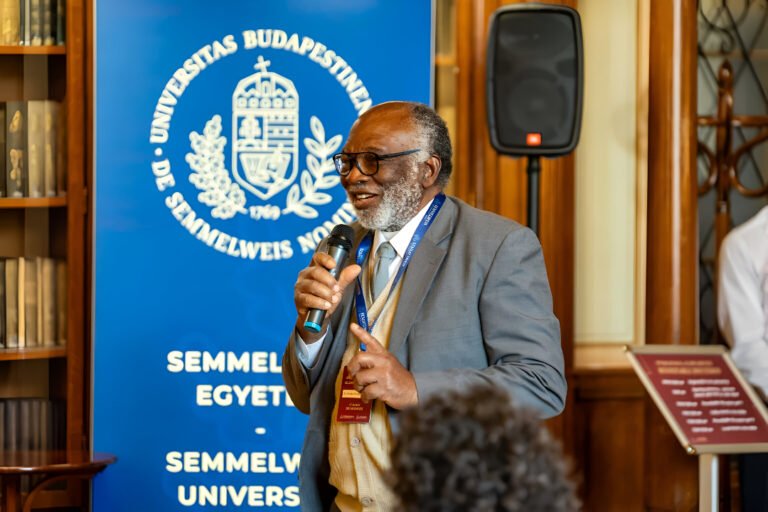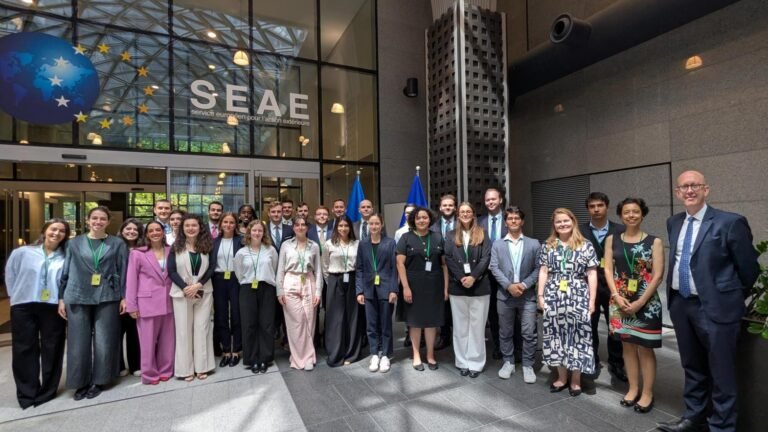
A delegation from the Ybl Miklós Faculty of Architecture at Óbuda University has returned from a landmark academic visit to Benha University in Egypt, marking a significant step in expanding international cooperation in architectural and engineering education.
The visit focused on exploring Coptic-Byzantine and medieval Islamic architecture, fields known for their rich, complex histories and ongoing preservation challenges. During the trip, discussions centred on enhancing student and faculty mobility, with both institutions expressing strong interest in collaborative efforts in infrastructure planning, sustainable urban development, and energy systems.
Two academic staff from the Institute of Architecture—Associate Professor Dr Eszter Horváth‑Kálmán, a geotechnical engineer, and Egyptologist Zoltán Horváth—led the delegation, accompanied by six students from civil and architectural engineering programmes.
The partners agreed to prioritise scientific collaboration in the field of heritage conservation, with a focus on documenting, protecting and managing endangered historical sites. Experts from Óbuda University will contribute knowledge in archaeology, structural engineering, architectural visualisation and geotechnical science—skills increasingly vital as ancient heritage sites face mounting pressures from tourism and climate change.
Students also had the opportunity to deepen their understanding of ancient Egyptian architecture through guided site visits to iconic locations, including Giza, Saqqara and El‑Lahun, under the supervision of Zoltán Horváth.
Benha University, established in 1976, is among Egypt’s fastest-growing institutions, with a student body exceeding 120,000 and more than 5,000 academic staff. Its 15 faculties span engineering, humanities, medical and agricultural sciences, and it has earned international recognition for its contributions to engineering and life sciences.
The study visit forms part of Óbuda University’s broader commitment to fostering international partnerships and providing its students with hands-on experience in global heritage preservation and sustainable urban development.
Source: Obuda University; Lilla Farkas; Zoltán Horváth; Eszter Horváth‑Kálmán






